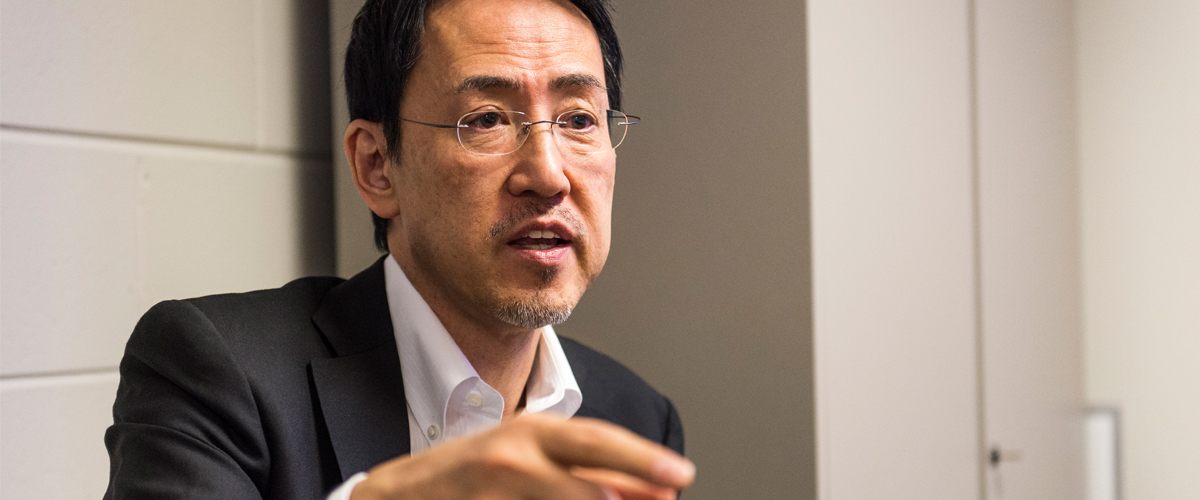
Infectious diseases are as unpredictable as they are terrifying. And in an increasingly interconnected world, the potential for a global outbreak is immense. Researchers at UW-Madison’s School of Veterinary Medicine are seeking innovative ways to stay a step ahead of the next pandemic.
Yoshihiro Kawaoka is leading a group that has developed an Ebola whole virus vaccine, which primes the immune system with the full complement of Ebola viral proteins and genes. Whole virus vaccines have successfully been used to protect humans against diseases including polio, influenza, hepatitis, and HPV-mediated cervical cancer. The inactivated Ebola vaccine may potentially confer greater protection against the disease.
One of the most difficult challenges experts face is how infectious diseases constantly evolve. If a strain of influenza mutates, a virus that previously only affected animal species may suddenly present a danger to humans. Or a once-effective vaccine may no longer work. Kawaoka is also investigating what makes a particular strain so virulent—and how that information can help us prevent deadly viruses from spreading.
SVM faculty and scientists are also developing ways to fight mosquito-borne diseases such as dengue fever, yellow fever, West Nile virus, chikungunya, and the newly pandemic Zika virus. In fact, in 2015, Jorge Osorio and Matthew Aliota were part of a team that confirmed the presence of Zika in Colombia. Osorio and Aliota are also part of an international effort to eliminate dengue — and possibly Zika and other viruses — by using a naturally occurring bacteria that reduces the ability of mosquitoes to transmit disease.
As infectious diseases evolve, mutate, and continue to challenge researchers, scientists must develop innovative ways of staying several steps ahead. Other factors add additional layers of complexity—such as mosquitos developing resistance to pesticides intended to control the population of malaria-carrying insects. It’s more important than ever that we are able to continue to conduct research that will develop new drugs and treatments to protect people around the world.
